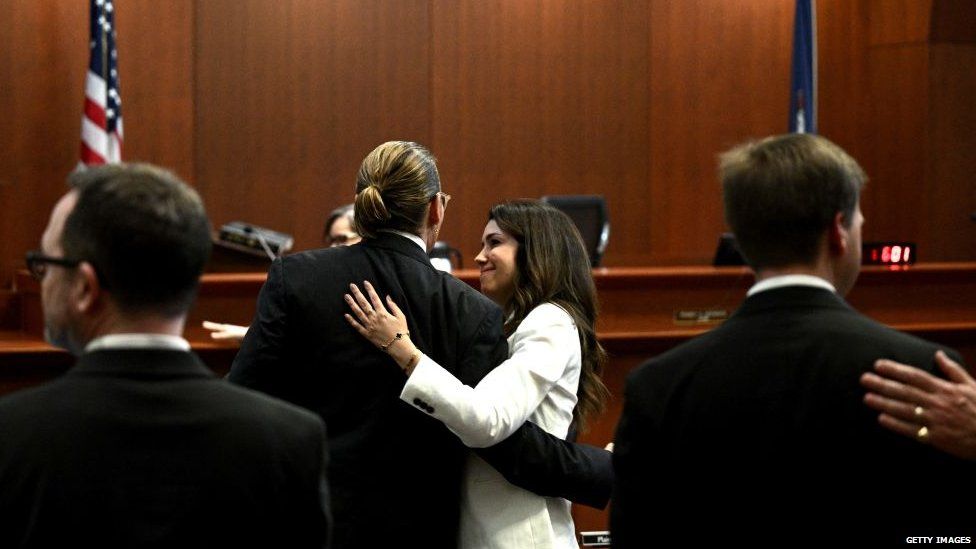Today we will provide information and reviews about Court crisis: Will the coronavirus be the stimulus lawyers need to innovate?
Read the following article to get more information.
My longtime fellow blogger and co-accused Eric Turkowitz recently expressed hope that the coronavirus crisis will act as a catalyst for much-needed reform in New York’s antiquated justice system. As Turkewitz wrote as long ago as 2008, in-person practices, status calls, and wait times waste $10 million for a single courtroom in one year—requiring attorneys to handle many cases that can be handled remotely. They will spend their time in court. Through video conference, phone or even email. Fast forward to 2020, and surprisingly, little seems to have changed. But now that our collective health depends on change, Eric argues that the time has come to make these long-overdue changes.
Of course, Eric is right, but what frustrates me is that even courting a crisis (pun intended!) is not always enough to adopt win-win, mindless change. Remember when cloud computing first hit the scene around 2010, prompting ethics regulators to first withhold approval and then cautiously offer it. At the time, small sole proprietorships had either gone out of business or lost a lot of documents due to disasters like 9/11 and Katrina. However, while the cloud may have saved many companies from this fall after Hurricane Sandy and other disasters, regulators have sought to clarify the ethics of the cloud and virtual offices, while singles and smalls have come under fire again.
For a profession that relies on precedent for its living, lawyers are very short-sighted when it comes to creating precedent for future cases. If we had been advocating technology integration back in 2008, when Eric Turkowitz first published his blog post, we would have had a system in place to deal with the coronavirus in an integrated manner. Now, many of us are scrambling to set up remote work for employees as much as we can, or remote access for unnecessary depositions and court hearings. Unfortunately, because of the rush, some of these systems don’t work so well that we want to give courts and judges more reasons not to move forward and further reinforce inaction.
The corona virus is not the first disaster that we have faced as a society, and it will not be the last. From terrorism to natural disasters, events unknown to us are now looming that may threaten to stop our work or strand us in—or perhaps away from—home. We may also encounter times of unrest or lawlessness that increase the importance of lawyers and make it necessary for us to continue business as usual during times of crisis. If we – as Eric advocates – do not use this crisis to create new systems that adapt to these challenging times – we lawyers will be solely responsible for not only our own demise, but potentially the destruction of the rule of law.
Photo from Shutterstock


